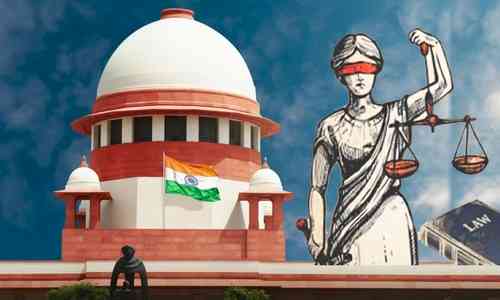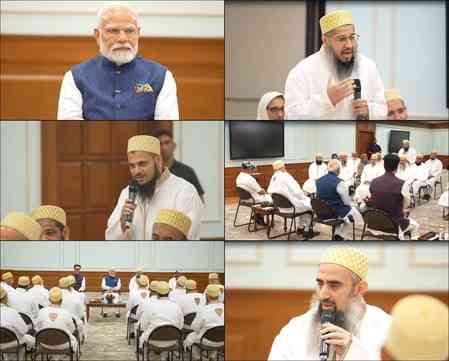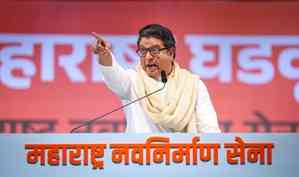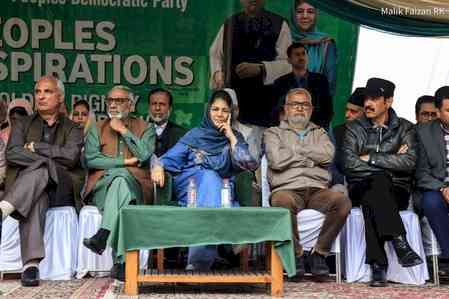No conditional surrender of sovereignty of Jammu & Kashmir with India, notes SC Constitution Bench
The Supreme Court's Constitution Bench, hearing pleas against abrogation of Article 370, on Thursday orally remarked that there was no conditional surrender of sovereignty of Jammu and Kashmir with India and it was an "absolutely complete" surrender vesting exclusive sovereignty with India.

New Delhi, Aug 10 (IANS) The Supreme Court's Constitution Bench, hearing pleas against abrogation of Article 370, on Thursday orally remarked that there was no conditional surrender of sovereignty of Jammu and Kashmir with India and it was an "absolutely complete" surrender vesting exclusive sovereignty with India.
Though, various provisions in the Constitution required concurrence with the State but the same did not necessarily undermine the sovereignty of the Union of India, remarked CJI D.Y. Chandrachud during the hearing on the batch of pleas.
"There are various shades of concurrence required in the Constitution….But one thing is clear, sovereignty was ceded completely to the Union of India," he said, while referring to Article 1 of the Constitution says that India shall be ‘a Union of States’ and that it includes the state of Jammu and Kashmir.
The court asked senior advocate Zaffar Shah, appearing for the Jammu and Kashmir High Court Bar Association, one of the petitioners, as to what is superior, the Constitution of India or J&K Constitution. In response, Shah said of course, the Indian Constitution.
The bench then said: "Even today Parliament can’t enact a law on the State List….the distribution of legislative powers does not affect sovereignty."
It orally observed that it is difficult to say that Article 370 is permanent and can never be abrogated. It asked Shah to contemplate a scenario where the state of J&K itself wanted all provisions of the Indian Constitution to apply.
Shah replied there could be different perceptions and the main question is whether Article 370 was temporary or became permanent after the Constituent Assembly was not in existence.
Earlier, senior advocate Kapil Sibal on the very outset of his arguments had submitted that integration of Jammu & Kashmir in India "is unquestionable, was unquestionable and will always remain unquestionable".
"The state of Jammu & Kashmir continues to be a part of India. Nobody disputes it, nobody ever disputed it. Jammu & Kashmir is a unit of the Indian Union,” he had said during the first day of the hearing.
The Constitution Bench, also comprising Justices Sanjay Kishan Kaul, Sanjiv Khanna, B.R. Gavai, and Surya Kant, would hear the matter consecutively starting from August 2, except for Mondays and Fridays. A large number of petitions have been filed by political parties, private individuals, lawyers, activists, etc., challenging the Jammu and Kashmir Reorganisation Act, 2019, which downgraded and split Jammu and Kashmir into two Union Territories.
Earlier, another Constitution Bench had ruled against the necessity of referring the matter to a seven-judge bench. In the pending matter, intervention applications have also been filed by Kashmiri Pandits supporting Centre’s move stripping special status accorded to the erstwhile state of J&K.


 IANS
IANS 








